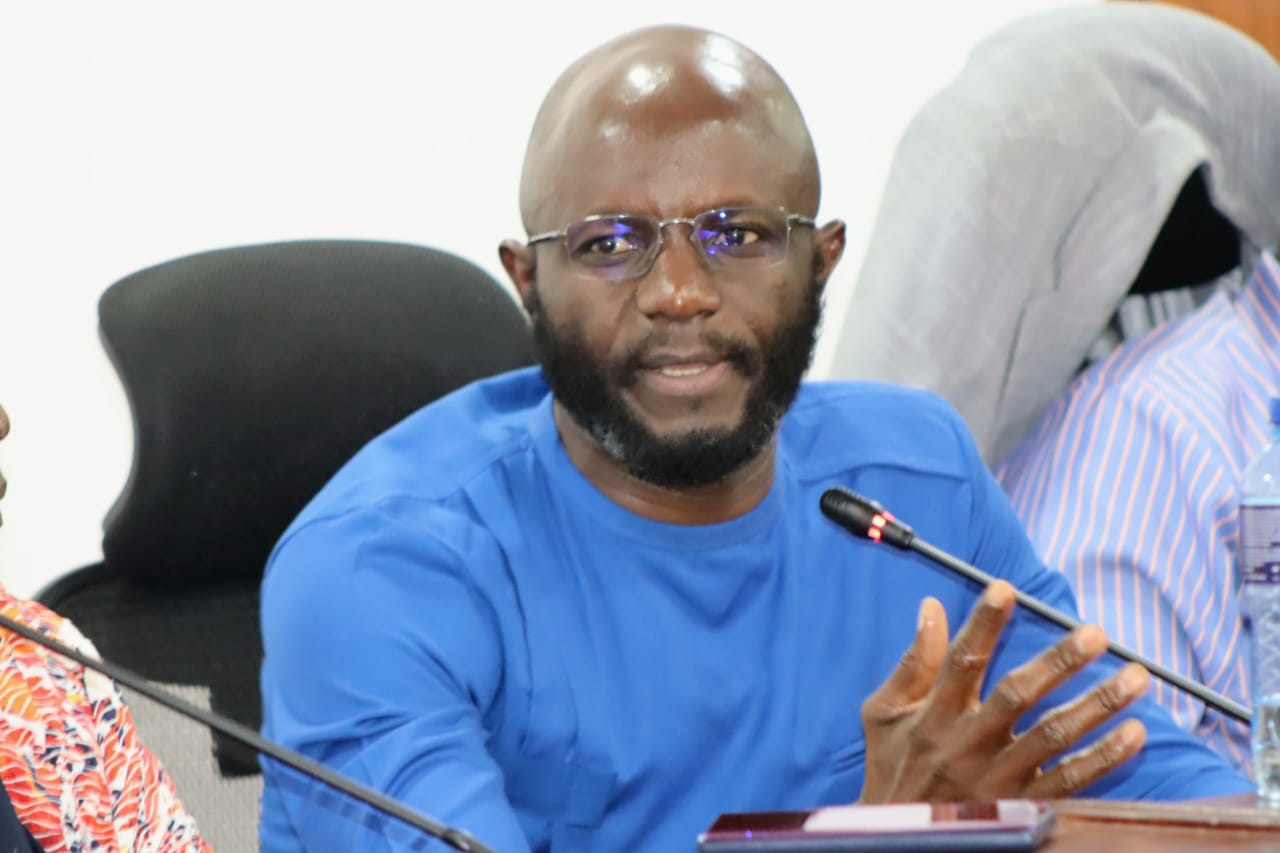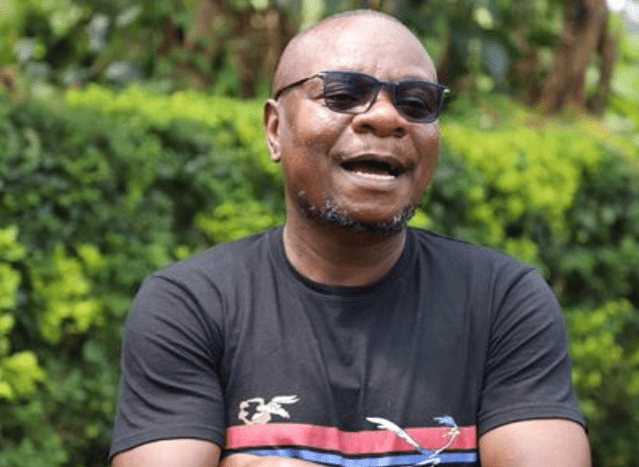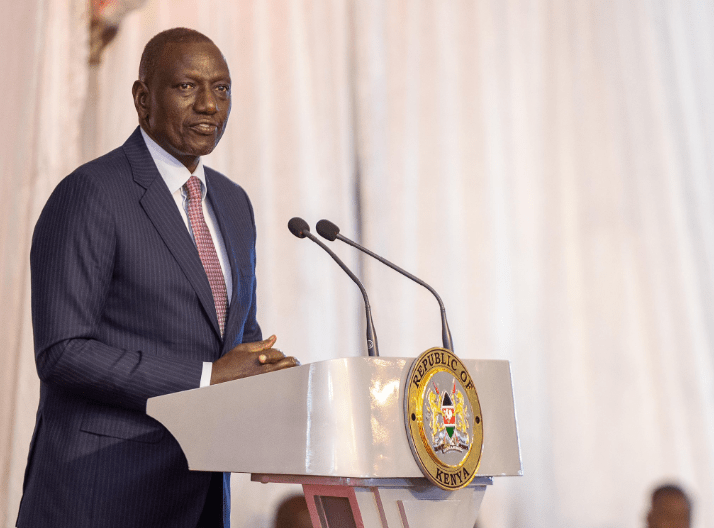Kirinyaga donkey owners make pleading for justice

Donkey owners from Kirinyaga County want the urban county planners to designate donkey shelters within the county to help protect their only tool of trade.
“Donkeys are our only tool of trade, it’s the only avenue we feed, educate and cater for our families. Yet the county government does not want to build shelters for our donkeys,” says Moses Kiragu, the Secretary of United Donkey Youth Riders in the County.
Adding that, “the boda-boda have shelters for their bikes but urban donkey owners when it’s raining we have to leave our donkeys to the streets and this has affected their health which in return affects our income,” appealing to county planners to undertake public participation before a project is undertaken.
“We pay taxes just like any other person in this county and for years now we have seen projects being undertaken without our views as to whether they benefit us or not. It’s only fair when we are involved in some of the projects that benefit locals.”
In Kenya just like any other country in Africa and other developing continents, donkeys support livelihoods and generate income for the most marginalized households, but their social and economic contribution is overlooked in development policy.
“These animals are a critical source of support to most households, creating economic security, social status, empowerment to marginalized groups such as women and the very poor, and provide a sense of companionship to their owners hence it’s time we shift our focus to the beast of burden and try and empower our rural people on the importance of the donkey to the entire agricultural value chain,” said Eston Murithi CEO, Kenya Network for Dissemination of Agricultural Technologies.
Eston is appealing to county planners to provide donkey shelters to owners in urban areas.
“We are talking about tackling unemployment among the youth yet we have neglected the youth who are making a living through donkeys. County governments should incorporate donkey owners in urban centers as they carry out their physical plans.”
“I grew up in a donkey rearing family and my education fees were earned through the beast of burden.
However it’s sad that the animal that has helped keep most youth away from hard drugs have been neglected by the county government.
We need the minister in the docket of livestock in the county to start giving attention to the donkey just like they do to other animals,” says Eric Mwangi, another donkey owner in Kirinyaga County.
The Kenya Network for Dissemination of Agricultural Technologies (Kendat) collaborated with the locals and national governments to empower the rural farmers.
“As you all know that goats are highly valued among the communities living around the arid and semi-arid regions since they are their source of livelihood.
We aim at boosting climate adaptation among the arid and semi-arid communities by empowering them to embrace the Galla goat breed, which has a high yield return compared to other breeds.
When droughts wipe out these animals, the communities are devastated.
Therefore, a resistant breed that produces a higher yield of milk and has a bigger body mass for meat production means once they propagate the whole community will begin to weather the drought crisis,” comments Eston.
He added that the organization has been implementing a behavior change project in Kirinyaga through the football tournament.
“One of the main objectives of the tournament is to fight drug and alcohol abuse among young donkey owners in Kirinyaga to improve donkey welfare such as a reduction in whipping of donkeys brought about by the young donkey users using drugs.
We have been implementing this project in partnership with NACADA who have supported in offering training on Alcohol and Drug abuse and positive parenting. This has reached close to 500 young donkey owners and users who have changed their social behavior and have seen donkey welfare improving in Kirinyaga County.”
According to Amos Warui, NACADA, Central Region Manager, the state agency has employed various strategies to reach and train youth on the dangers of Alcohol and Drugs Abuse (ADA) in their lives.
“We use youth appealing activities including sports like football tournaments, seminars and workshops, social media including Twitter and Facebook, direct engagements with youth groups, reaching youths through religious forums, radio and TV shows and barazas.
We also have anti-ADA champions within the communities who work closely with the youth. Through a partnership with other organizations whose programs target youth.
Our training covers life skills required to resist drug use through peer pressure and negative role modeling/ influence, positive parenting, effects of drugs in their lives and communities, and the socio-economic consequences of drug use among other areas of training.”










